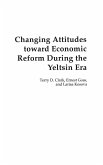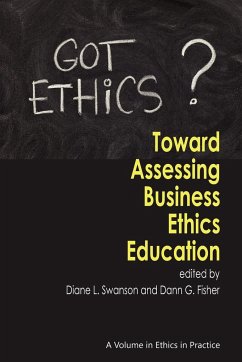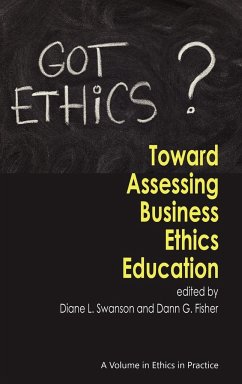Master's Thesis from the year 2010 in the subject Business economics - Business Ethics, Corporate Ethics, grade: 1,0, Aarhus School of Business (Marketing und Statistik), language: English, abstract: Business is essential for the development and well-being of a society. However, business does not exist in a vacuum, but is simultaneously dependent on a number of stakeholders, be it employees, customers, investors, interest groups, or the government. In this sense, an extensive and critical debate about the role and conduct of business, and their associated corporate responsibilities in the community, is taking place among academics and practitioners alike. Thereby, it is essential to consider that the practices of corporations are first and foremost resulting from decisions and behaviors of human beings. Business students in their role as future managers are likely to be faced with critical ethical decisions in their daily work routine. Thus, investigating their moral mindset about aspects of business ethics is of great importance. Therefore, the purpose of this master thesis was first of all to critically reflect the academic literature, and present a theoretical framework that addresses valuable concepts with regard to the good life and the just social coexistence of business and society. In a second step, a comprehensive empirical research was conducted, which studied the attitudes toward aspects of business ethics among 1.271 business students in Denmark, Germany, and the United States, using a self-report online questionnaire. Participants evaluated a wide range of questions regarding the moral dimensions underlying the relation of business and society. They were furthermore asked to specify primary and social corporate responsibilities, to define a well-run company, and to state personal criteria that are relevant for them in a notional job offer situation. Gathered data were analyzed on differences among
Hinweis: Dieser Artikel kann nur an eine deutsche Lieferadresse ausgeliefert werden.
Hinweis: Dieser Artikel kann nur an eine deutsche Lieferadresse ausgeliefert werden.








